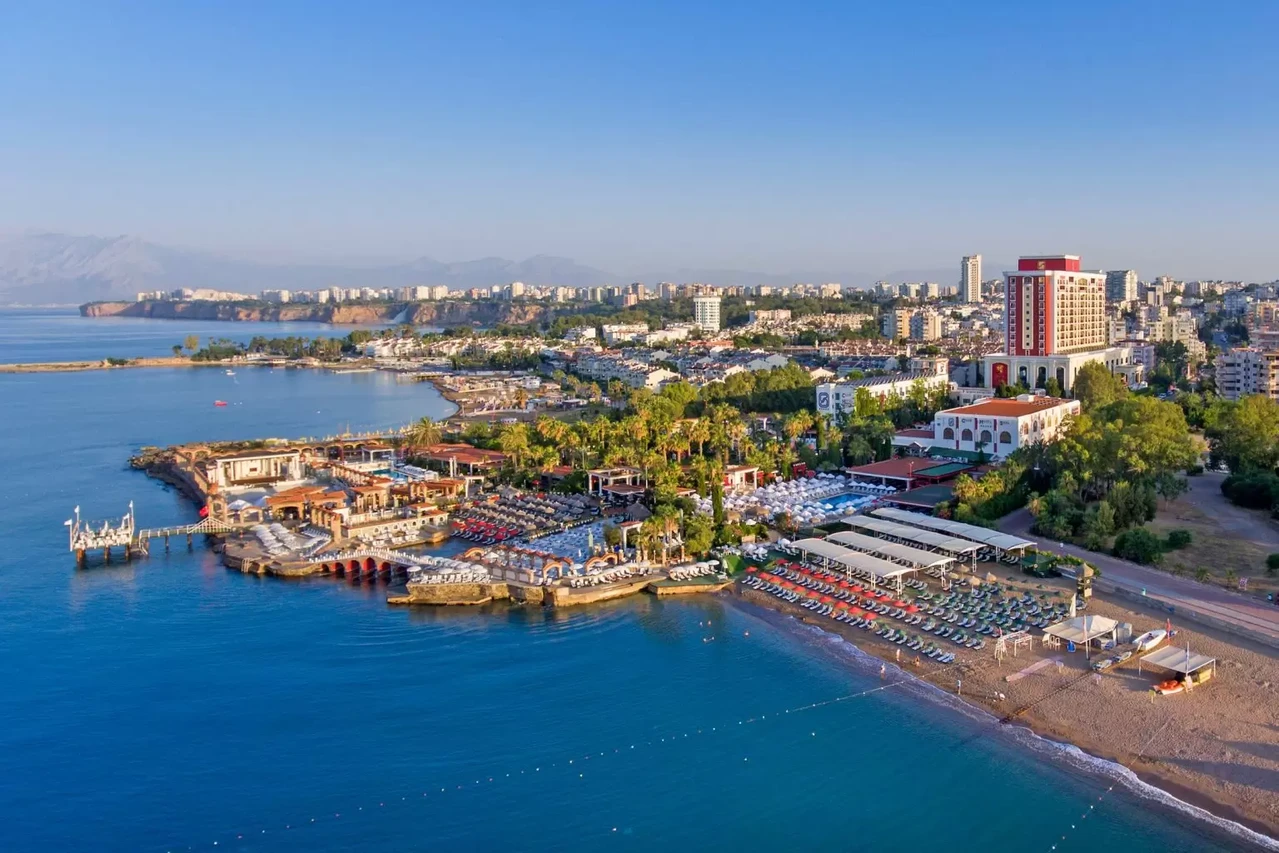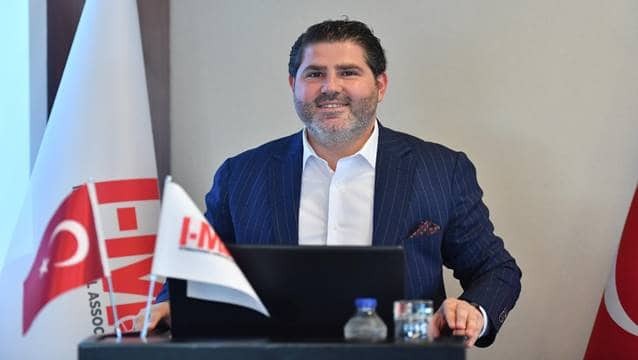FTI bankruptcy delivers critical blow to Turkish tourism
 The blue-flagged beach of Lara beach resort is a long sandy beach located east of Antalya, Türkiye. (Adobe Stock Photo)
The blue-flagged beach of Lara beach resort is a long sandy beach located east of Antalya, Türkiye. (Adobe Stock Photo)
In a development that has sent shockwaves through the tourism industry, the German travel giant FTI has declared bankruptcy. While it was known that FTI was grappling with severe financial difficulties and seeking ways out, the timing of this collapse – just before the peak season – could not have been worse.
FTI is a significant player, responsible for sending around 1 million visitors to Türkiye each year. The repercussions of this bankruptcy are profound and multifaceted, affecting the Turkish tourism sector in three major ways.
Psychological impact on season-ready nation
First and foremost is the psychological impact. Having meticulously prepared for the summer season, Türkiye faces a blow to its morale. The anticipation of a robust tourism season, crucial for an economy striving to rebound, is now tinged with uncertainty. The failure of such a prominent partner inevitably casts a shadow over the sector’s overall outlook.
Financial strain on hotels and service providers
Secondly, the financial ramifications for hotels and service providers cannot be overstated. These businesses, which rely heavily on the influx of tourists facilitated by operators like FTI, are now staring at significant disruptions in their reservation and payment balances. The sudden halt in expected business translates directly into financial losses, and for many smaller operators, this could spell a crisis of existential proportions.
Erosion of tourist trust
Thirdly, there is the issue of trust from the tourists’ perspective. The collapse of FTI shatters the confidence of travelers who had plans to visit Türkiye. The logistical nightmare of canceled trips and the hassle of obtaining refunds create a reluctance to rebook, even with other firms. This trust deficit could have a lingering effect, as potential visitors may be wary of similar disruptions in the future.
Immediate impacts on planned travels
For trips that had not yet commenced, as of June 4, they will no longer proceed. The necessity of refunding affected customers places a considerable burden on insurance companies and funds, exacerbating the crisis’s financial fallout.
FTI’s presence in Türkiye: A double-edged sword
FTI’s operations in Türkiye are also significant, with the company owning 11 hotels within the country. These hotels had just geared up for the season, and while the immediate effect might not be catastrophic, the ripple effects could still emerge in due course. Preliminary estimates indicate that FTI owes approximately 40 million ($43.5 million) to 50 million euros to hotels in Alanya and a staggering 150 million to 200 million euros to those in Antalya.
Resilience of Mediterranean market
Despite this grim scenario, there is a silver lining. The dynamic nature of the Mediterranean market, especially in key areas like Alanya and Antalya, suggests a potential for quick recovery. The market can adapt by attracting local tourists or tapping into demand from other markets to compensate for the shortfall. The resilience and flexibility of Turkish tourism will be tested, but there is hope that it can weather this storm.
Test of resilience
In conclusion, the bankruptcy of FTI is a significant setback for Turkish tourism, particularly given its timing. However, with strategic adjustments and a focus on diversifying the tourist base, there is potential to mitigate the damage and sustain the sector’s momentum. The resilience of Türkiye’s tourism industry will once again be put to the test, but it can emerge stronger and more versatile from this challenge.

Huseyin Kurt, a graduate of Istanbul Aydin University in Tourism and Hotel Management, commenced his career at Swissotel Istanbul in 2002. He subsequently served as Regional Manager at Setur Kemer in Antalya, overseeing approximately 1,500 events from 2008 to 2013. Elected President of the International MICE Industry Association in 2019, and re-elected in 2022, he co-founded GLOBEMEETS in 2021 to bolster Türkiye’s tourism promotion efforts globally. Previously a TURSAB Board Member and Chair of TURSAB MICE, he has also contributed to the Istanbul Metropolitan Municipality Tourism Platform and other industry associations. Kurt is fluent in English and Macedonian.



